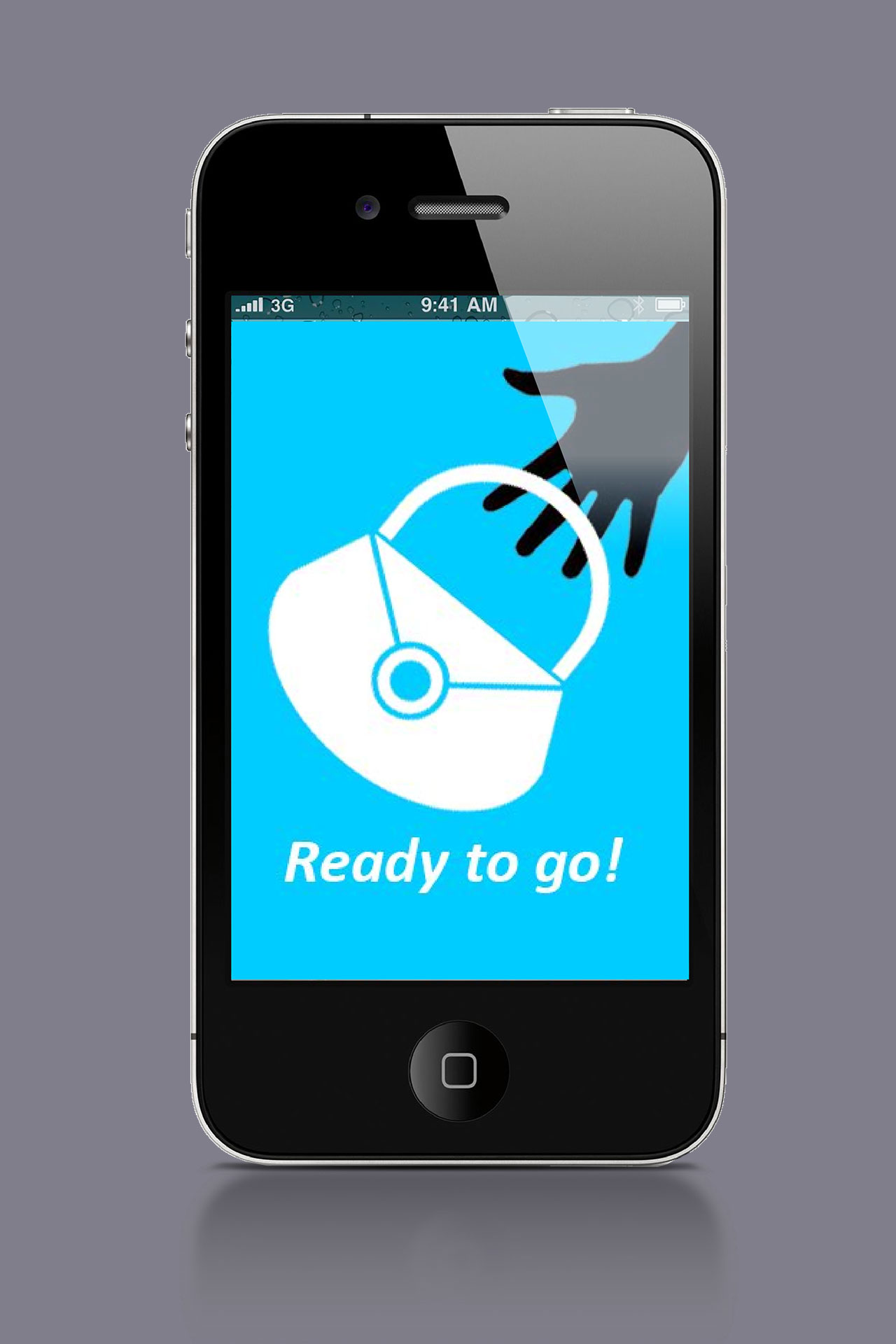Project by: Lilia Perez-Romero, Lilha Willems, Maya Faili and Jeroen Keijser
Recurring daily problems – such as forgetting or mixing objects while packing and switching bags – are usually trivial ‘problems’, but because of the frequency with which we encounter them they are also the problems that may have the most impact on our overall quality of life. They affect people not through intensity, but through accumulation. Pervasive computing is thought of as a tool that could be helpful in tackling these kinds of problems, by letting computers cope with them and do what they do best: organize, structure, find, remember.
The present project focuses on using pervasive computing techniques for improving daily localization, packing and transportation of personal objects. This locating and transporting of physical objects may be as simple as packing the necessary utensils for sporting or for a normal day at work. Although the activity of packing is rather simple, people tend to worry about forgetting items. Especially switching bags potentially causes people to forget to bring along certain articles. Furthermore, packing can take up an unnecessary amount of time when someone does not remember where he/she has left something.
Through the use of RFID tags and a specially designed application, the proposed system, called Ready to GO!, will help its users to locate and pack the objects that they consider important for their particular activity, to take them wherever they need to be, and to remain aware of their location whenever required. Ready to GO! is a portable and independent system that has been designed to provide a more comprehensive user system interaction than its preceding relatives. It can be synchronized with the user’s agenda to automatize the process of packing and facilitate it as much as possible either when packing a day bag, a purse or for a long trip. It can be used at home or wherever needed.
![]()
Our product aims at enhancing the packing experience by outsourcing part of users’ need to remember, therefore freeing up important attention and memory resources for other activities and improving the overall quality of daily life.

